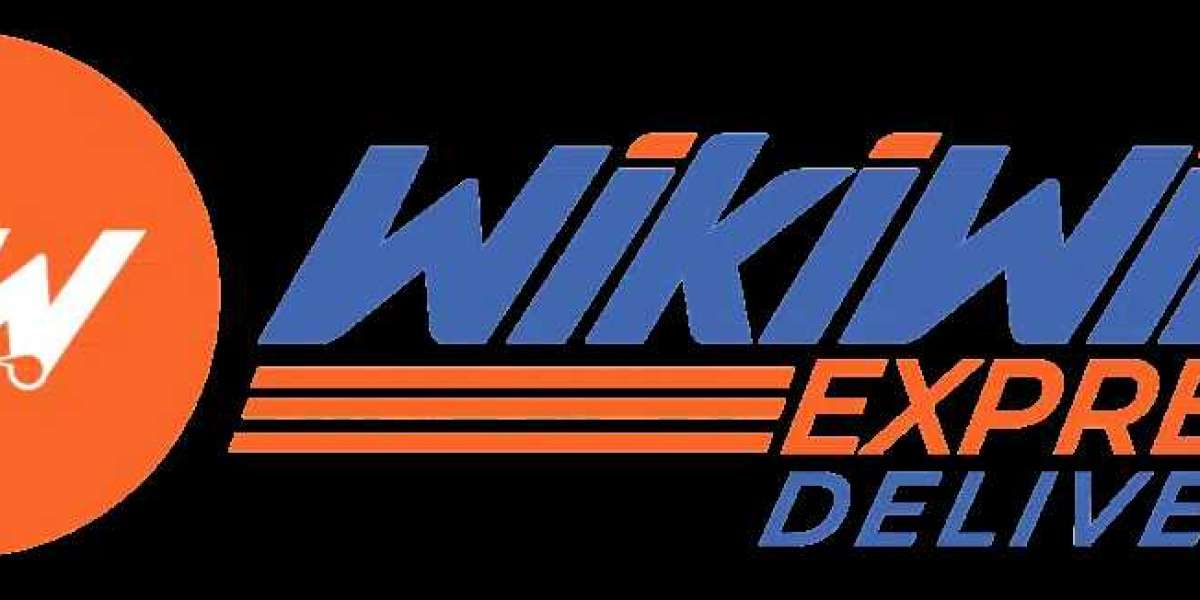In today's fiercely competitive business world, the Master of Business Administration (MBA) degree has emerged as a vital catalyst for career growth and success. This comprehensive guide aims to provide aspiring professionals like you with valuable insights into the MBA program. From eligibility criteria to the admission process, popular entrance exams, fee structures, top specializations, placement prospects, and a glimpse of the syllabus and subjects, this article will serve as your compass to navigate the exciting world of MBA education.
MBA Eligibility Criteria:
The first step towards pursuing an MBA is understanding the eligibility criteria. Most business schools and universities require candidates to hold a bachelor's degree from a recognized institution. While there is no specific restriction on the field of study, a strong foundation in business-related subjects can be advantageous. Additionally, some institutions may require a minimum GPA or work experience as part of their eligibility criteria.
MBA Admission Process:
The MBA admission process can be both rigorous and rewarding. Aspiring MBA candidates typically go through several steps to secure a seat in their desired program. The process involves submitting an application with relevant academic and professional details. Shortlisted candidates are often required to appear for personal interviews and group discussions, where their communication skills, problem-solving abilities, and leadership potential are evaluated. Entrance exam scores, such as CAT, GMAT, GRE, XAT, or MAT, also play a significant role in the selection process.
MBA Entrance Exams:
To gain admission to esteemed business schools, you need to excel in MBA entrance exams. These standardized tests assess candidates' aptitude in various areas, including quantitative ability, verbal reasoning, data interpretation, and analytical skills. It is crucial to identify the specific entrance exams required by your preferred institutions and invest adequate time and effort in preparation to achieve competitive scores.
MBA Fee Structure:
Understanding the financial aspect of an MBA program is essential for making informed decisions. The fee structure varies significantly depending on the institution's reputation, location, and program offerings. While pursuing an MBA can be a significant investment, it is often considered a worthwhile one due to the long-term career benefits and potential for higher earning potential.
Top MBA Specializations:
The diverse world of MBA offers a plethora of specializations to cater to individual interests and career aspirations. Some of the most sought-after MBA specializations include Finance, Marketing, Human Resources (HR), Operations Management, Entrepreneurship, International Business, Information Technology (IT) Management, Healthcare Management, Supply Chain Management, and Business Analytics. Choosing the right specialization is crucial as it defines your career trajectory in the business landscape.
MBA Placements:
One of the primary objectives of pursuing an MBA is to enhance career prospects. Reputed business schools often have robust placement cells that facilitate connections between students and potential employers. The placement prospects depend on several factors, such as the institution's reputation, student performance, industry demands, and prevailing economic conditions. A successful MBA program should ideally equip graduates with the skills and network to secure fulfilling job opportunities.
MBA Syllabus Subjects:
Through a balance of theoretical knowledge and practical applications, the MBA syllabus equips graduates with a versatile skill set to adapt to the ever-changing business landscape. This comprehensive preparation ensures that MBA holders are well-positioned to excel in their careers and drive organizational success. With the MBA syllabus fostering a dynamic learning experience, graduates emerge as confident and capable leaders, ready to make a significant impact in the global business arena.
Conclusion:
Pursuing an MBA is a transformative journey that can unlock your true potential and propel your career to new heights. This comprehensive guide has provided valuable insights into the various aspects of an MBA program, ranging from eligibility criteria to the admission process, entrance exams, fee structures, specializations, placements, and the curriculum. Armed with this knowledge, you are now better prepared to take the first step towards your dream of earning an MBA and becoming a successful leader in the world of business and management.








